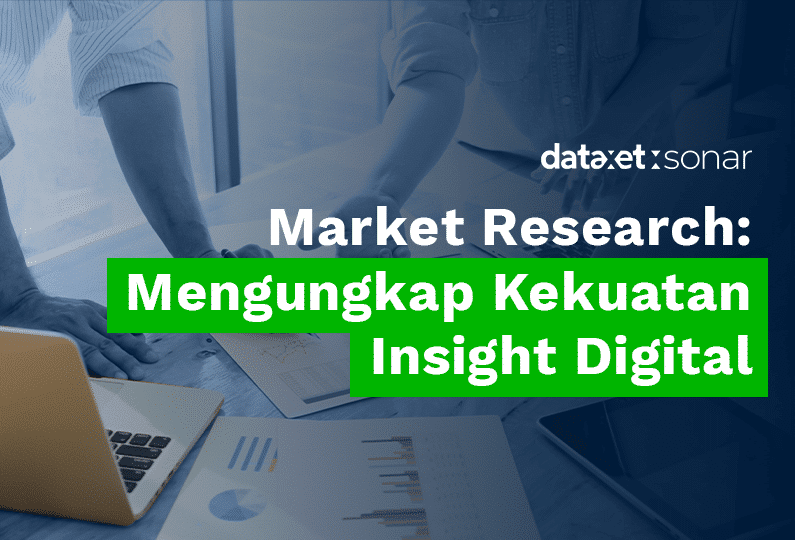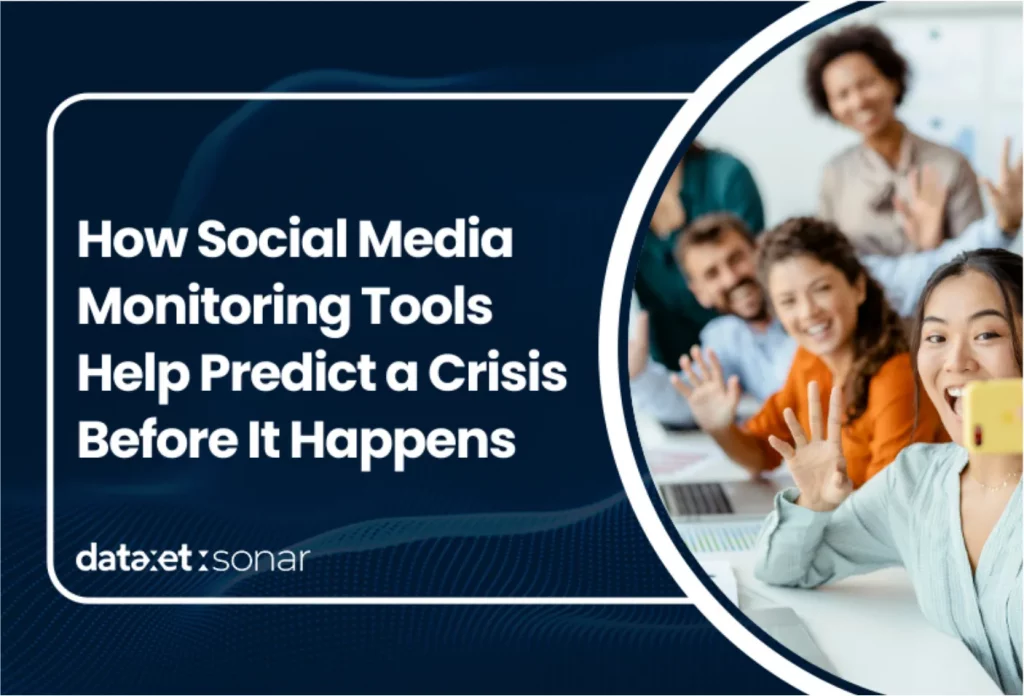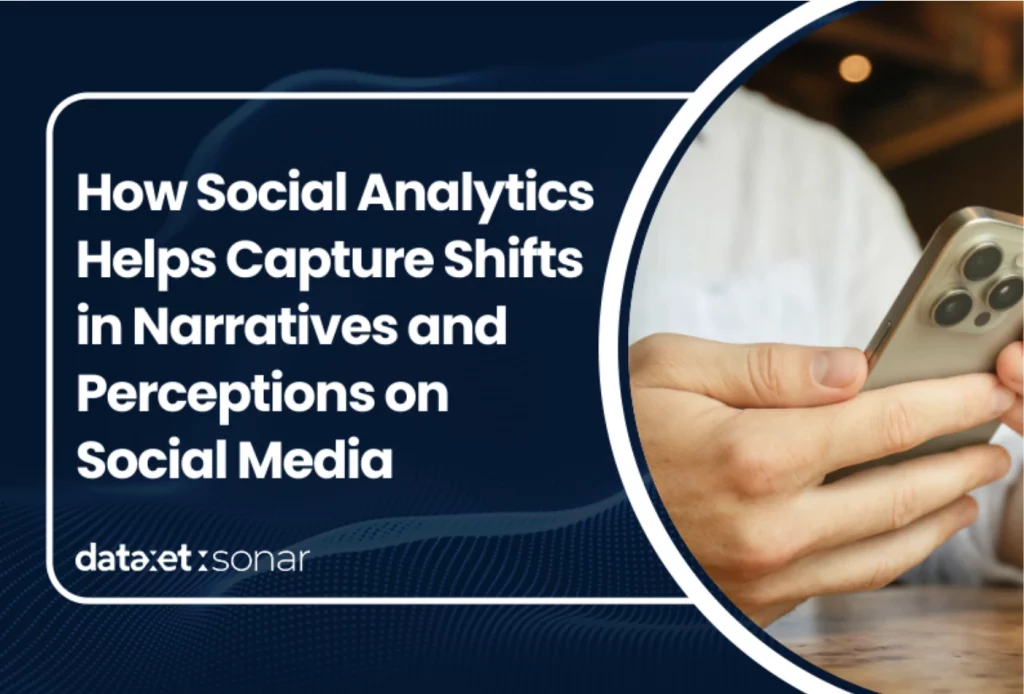The digital age has revolutionized the way businesses gather critical information to understand their respective consumers, competitors and market trends. Market research has emerged as a powerful tool, enabling organizations to make data-driven decisions and stay ahead in an increasingly competitive landscape. In this article, we’ll explore the ins and outs of market research, its benefits, the different methodologies, and how it can shape the future of business.
Understanding Online Market Research

Market Research refers to the systematic collection, analysis and interpretation of information through digital channels to gain insight into consumer behavior, preferences and market dynamics. This includes leveraging the power of the internet, social media, surveys, forums and various other digital platforms to collect massive amounts of data in real-time, making them an essential resource for businesses of all sizes.
With advances in artificial intelligence (AI) and machine learning enhancing data analysis capabilities, the future for market research is very promising. Predictive analysisand market sentiment will enable businesses to better anticipate customer needs and preferences. In addition, as the internet of things (IoT) develops, businesses will gain access to a wider range of data, further enriching market research insights.
Benefits of Market Research

1. Cost Effectiveness
Compared to traditional market research methods, online research eliminates the need for physical surveys and reduces costs associated with data collection and analysis.
2. Time Efficiency
Market research enables businesses to collect data quickly and analyze it in real-time, speeding up the decision-making process and enabling timely responses to market trends.
3. Global Reach
With the ubiquity of the internet, market research can reach diverse global audiences, enabling businesses to gather insights from different demographics and geographic areas.
4. Flexibility and Scalability
Market research offers fleksibility in terms of survey design, target audience selection, and data collection methods. In addition, the data generated is also scalable, allowing businesses to expand research efforts as needed.
5. Improved Accuracy
Online surveys often have built-in validation mechanisms, reducing human error and ensuring the collected data accuracy.
Key Methodologies in Market Research

Online Survey: Online surveys are a popular method of collecting quantitative data. Surveys can be distributed via email, websites, social media, or third-party platforms, and can be customized, measured, and reach large audiences.
Social Media Listening: Monitoring and analyzing conversations on social media platforms offers valuable insights into consumer sentiment, brand perception and emerging trends.
Web Analytics: Analyzing website traffic and consumer behavior can help businesses understand how audiences interact with their online presence to identify website strengths and weaknesses.
Online Focus Group: Online focus groups bring together a select group of participants to discuss a specific topic, providing qualitative insights in a cost-effective and efficient way.
Online Communities and Forums: Engaging with online communities and forums allows businesses to gain deeper insight into their target audience’s preferences, feedback, and expectations.
Overcoming Challenges in Market Research

Data Quality: With so much data available online, ensuring data accuracy and reliability can be a challenge. Proper validation and verification processes are essential to obtain reliable results.
Sample Bias: Accessing a diverse and representative sample can be difficult in online research. Efforts should be made to minimize sample bias and ensure the data collected is representative of the target audience.
Privacy and Data Security: Given the sensitive nature of data collected online, businesses must prioritize data privacy and security to build trust with respondents. Compliance with relevant data protection regulations is also very important to note.
Best Practices for Market Research

Define Objectives Clearly: Set specific research objectives to ensure the data collected is relevant and actionable.
Use Multiple Data Sources: Combine different online research methodologies to get a holistic understanding of your business’s target market.
Ensure Data Quality: Use reliable survey tools and sampling techniques to maintain data integrity and accuracy.
Respect Privacy and Ethics: Comply with data protection laws and obtain consent from the target audience.
Embracing Iteration: Continuously analyze and refine your research approach to extract the most relevant insights.
Market Research Tools

Many market research tools are available that allow businesses to easily access valuable data and insights. As discussed in the article “Get to Know Social Media Market Research Tools in Indonesia“. In this comprehensive guide, we’ll explore the top market research tools and how they can revolutionize your business strategy.
1. Google Analytics
Google Analytics provides in-depth data about website traffic, user behavior and conversion rates. With Google Analytics, businesses can track the effectiveness of marketing campaigns, identify the most popular content and understand user demographics. Powerful reporting capabilities enable easy-to-understand visualization of data and insights.
2. SurveyMonkey
Conducting surveys is the best way to gather input or feedback, preferences, and opinions of consumers. SurveyMonkey is a user-friendly online survey tool that enables businesses to easily create, distribute and analyze surveys. From customer satisfaction surveys to market research questionnaires, SurveyMonkey offers a wide range of tools to gather valuable data.
3. SEMrush
SEMrush is a powerful competitor and SEO research tool that can help businesses identify high-performing keywords, analyze backlinks, and monitor competitors’ SEO strategies. With SEMrush, businesses can enhance their SEO efforts, improve search engine rankings and gain a competitive advantage in the online landscape.
4. Social Mention
Monitoring brand reputation and understanding consumer sentiment is very important in the digital era. Social Mention is a real-time social media search and analysis tool that scours the web for brand mentions or brand specific keywords. The results include sentiment analysis, top users, hashtags and more, which can give businesses a complete picture of their online presence.
5. BuzzSumo
Content is king, and BuzzSumo helps businesses find the most popular content in their respective industries. By entering relevant keywords or topics, BuzzSumo generates lists of the best performing articles and most popular social media content. This information allows businesses to create more engaging and shareable content that resonates with their target audience.
6. Google Trends
Anticipating trends and identifying seasonal peaks is critical to staying relevant in an ever-evolving market. Google Trends is a free tool that provides real time data on the popularity of search topics. By exploring trending topics, businesses can align their marketing efforts and optimize content for increased visibility.
7. Qualtrics
Qualtrics is a comprehensive market research platform that offers advanced surveying capabilities, consumer experience management and data analysis. This tool enables businesses to collect feedback at every touchpoint, evaluate customer satisfaction, and make data-driven decisions.
8. Brandwatch
Social listening is very important for monitoring brand reputation and gaining consumer insight. Brandwatch is a powerful social listening tool that tracks mentions across social media platforms, forums, blogs and news articles. By understanding what consumers are saying about their brand and industry, businesses can improve their products, services and marketing campaigns.
9. Similar Web
Understanding the online behavior of competitors and industry leaders is critical to crafting a winning digital marketing strategy. SimilarWeb offers insights on website traffic, audience demographics, popular content and traffic sources. This competitive intelligence helps businesses adapt their online marketing efforts and get ahead of their competitors.
10. dataxet:sonar
dataxet:sonar is a market research & monitoring tool that can help businesses to find out various conversations that occur on social and digital media related to your business and products. Apart from that, dataxet:sonar can also help analyze market sentiment, analyze the marketplace, and monitor the performance of influencers who work with your company. This platform from Indonesia can provide real-time insight.
Market research is a powerful tool that empowers businesses to make decisions based on real time insights. Their cost-effectiveness, efficiency and global reach have changed the way organizations perceive and adapt to constantly evolving market dynamics. As technology advances, market research will play an increasingly vital role in shaping the future of business across industries. Embracing this digital approach is no longer a choice but a necessity to stay competitive and relevant in the modern business landscape.
Get a demo market research & monitoring tool platform from dataxet:sonar which can help you run an integrated media strategy. Contact us for more information.






